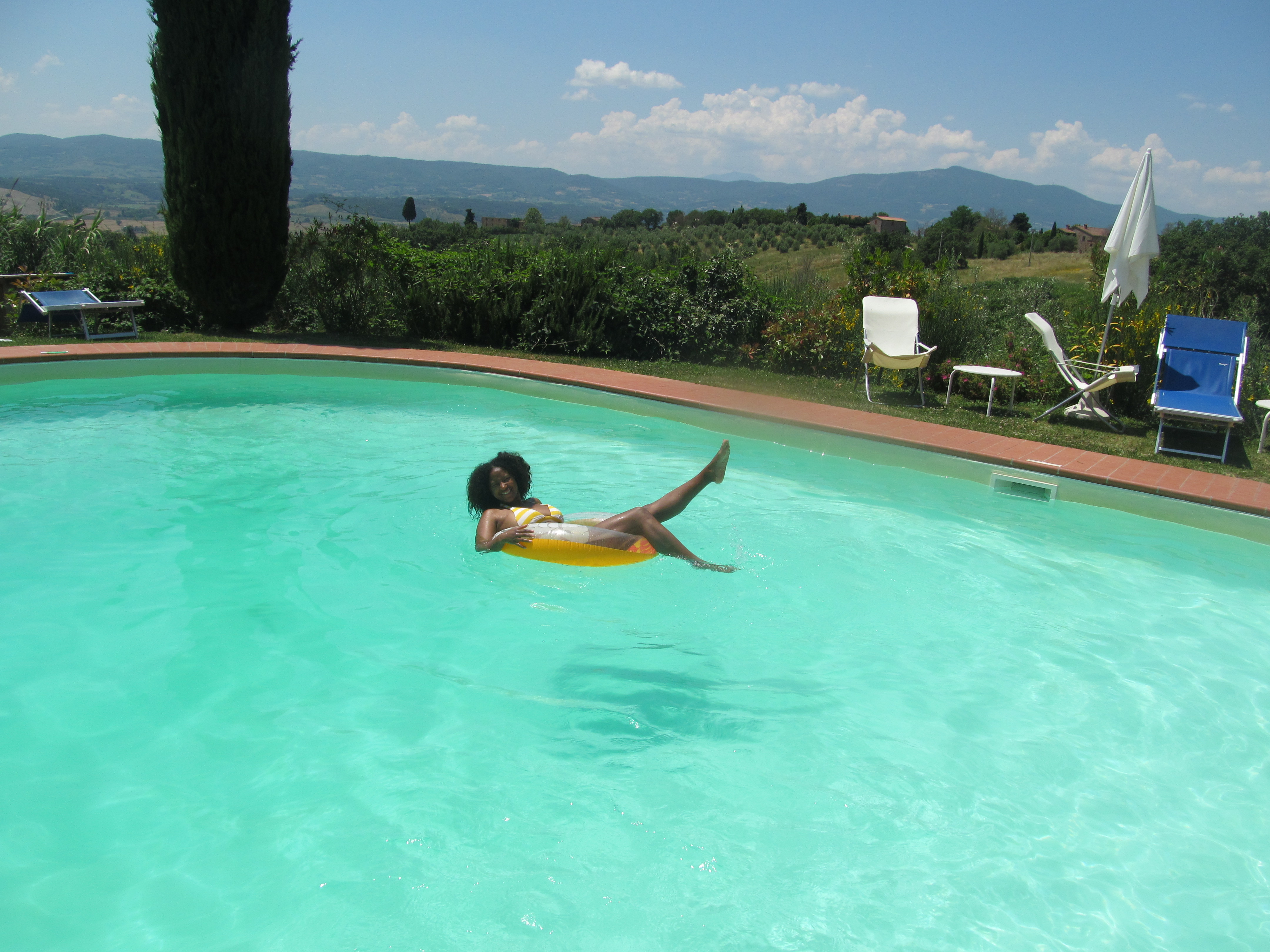
I still can’t tell you what I thought traveling the world would be like, or where I thought it would lead me. I kind of just hoped it would be a great experience, and never expected any enlightenment or self-discovery. I just wanted to go. I felt like I needed to, and feared that if I didn’t, I would forever regret it.
I wasn’t trying to escape America in any way. I just wanted to see what else was out there. I’ve never felt a sentimental attachment to any geographical place, and as a black woman, I honestly felt like I had two strikes against me in America. Whenever your hair can be a topic of conversation, you begin to feel a little bit ‘other’. By the time I quit my career, I’d developed an entire different voice and smile, attempting to make everyone around me more comfortable, with me. I was constantly playing a role, and it was draining. I always felt like I was different, but not different enough to be foreign. I was too native to ever be foreign.
I wasn’t expecting any type of warm embrace from brown people around the world. Instead, I was worried about the opposite. Due to my ignorance, I thought that the race culture I was used to in America would carry over throughout my travels. That wasn’t the case.
Don’t get me wrong, there is racism and/or colorism in most cultures, I just didn’t fall into those categories anymore. I had a new title that I had never considered before. I was American. I usually only felt American during the Olympics, or in war movies when the fighter jets would come in and save the day. It was a new feeling to answer the common question, “Where are you from?” with anything other than, “Ohio”.
Then, I had to learn about the dangers of my newfound privilege. As I traveled by bus throughout Central America, I was told to be discreet with my passport, because people may think I was rich, simply because of my American citizenship.
Of course I did have dual privileges in places like Central America, or Morocco, or India – my passport and my brown skin, which allowed me to blend more easily than my white counterparts.
Beginning in Panama, I was always shocked by my resemblance to other cultures. My great-grandfather is Panamanian, so it should have been expected; but nothing could prepare me for living on an island in the Caribbean Sea with an entire community that looked like me, spoke English and welcomed me as their own.
It took me a while to earn my ‘local’ treatment, but once I did, I loved it! Boat rides were cheaper, as were my daily Red Snapper lunches. I made friends, got invited to holiday celebrations, and the annual neighborhood parade. I really felt like a member of the community.
However, I couldn’t ignore the fact that the electricity cutting off everyday bothered me (more than a little). Managing a guesthouse along the coast, I was living in one of the nicest properties on the island. The tin roofs on the homes surrounding ours led me to assumptions about the community’s need for assistance. My privilege initially led me to think I needed to ‘save’ my neighbors. When I first witnessed the children running around barefoot, I brainstormed ideas to have shoes donated.
But they didn’t need my help, or my donated shoes. They were all happy, debt-free, and members of the first real community I’ve ever participated in. The children all had shoes, but why wear them when you’re just heading to the beach anyway? My arrogance was misleading me to incorrect conclusions.
The truth was, although I never felt like an American, in America, I definitely was one. It was the only place I was familiar with, and it would take a long time before it was no longer the standard to which I measured other cultures.
And regardless of how my travel experiences changed me, the world would always see me as a person of privilege. This was a strange realization for me, as ‘privilege’ was commonly used in America to describe an intangible characteristic only white people possessed, due to an unfair and unjust society. However, as my perspective was broadened, I learned that I was considered privileged on a global scale, and that fact alone superseded the color of my skin, and the connection I thought it would lend me around the world.
That doesn’t mean I didn’t draw crowds going through customs in India, as the female agents called their friends over to smile and hug me, before telling me they thought I was Indian. As they pointed to my passport, and then me, while gleaming and running their fingers through my wavy hair, which looked so similar to their wavy hair, I felt a weird connection and separation at the same time. It was as if they were saying they looked like me, but because of this little blue book, had decided we were not alike.
I couldn’t go anywhere in the south of Morocco without being spoken to in the native tongue. We had an entire compound, complete with a caretaker named Muhammad. He would drive us into town and translate our transactions whenever we had a problem at the property. Everyone thinking we were Moroccan, or Berber, always amused him.
Several times a stranger would walk up to Jarrell and I and begin to ask Jarrell questions (they do not talk directly to women in Islamic countries). Upon learning that we were American, they would exclaim that we were their brother and sister, only born on another land. I truly felt that way in Morocco. It was my richest and most pleasurable travel experience to date.
But I can’t forget the feeling I got while talking to Muhammad, our caretaker, one evening as the sun went down and the palm trees surrounding our compound began to create a breeze. He was telling Jarrell how he was preparing for Ramadan by working 14-hour days, laboring in fields, for less than we spent on lunch.
The truth was, no matter how much of a connection I felt with the people in my village, my privilege would never allow me to fully identify with them, or them with me. I may have looked like them, so much that they even thought I was Moroccan, but I was too foreign to ever be native.
Read Part 2 Now…
Did You Hear The Sale’s Been Extended? Learn How To Make Money Around The World, In My Dual eCourses!
Sign Up Now For A HUGE Discount!
Join Now!


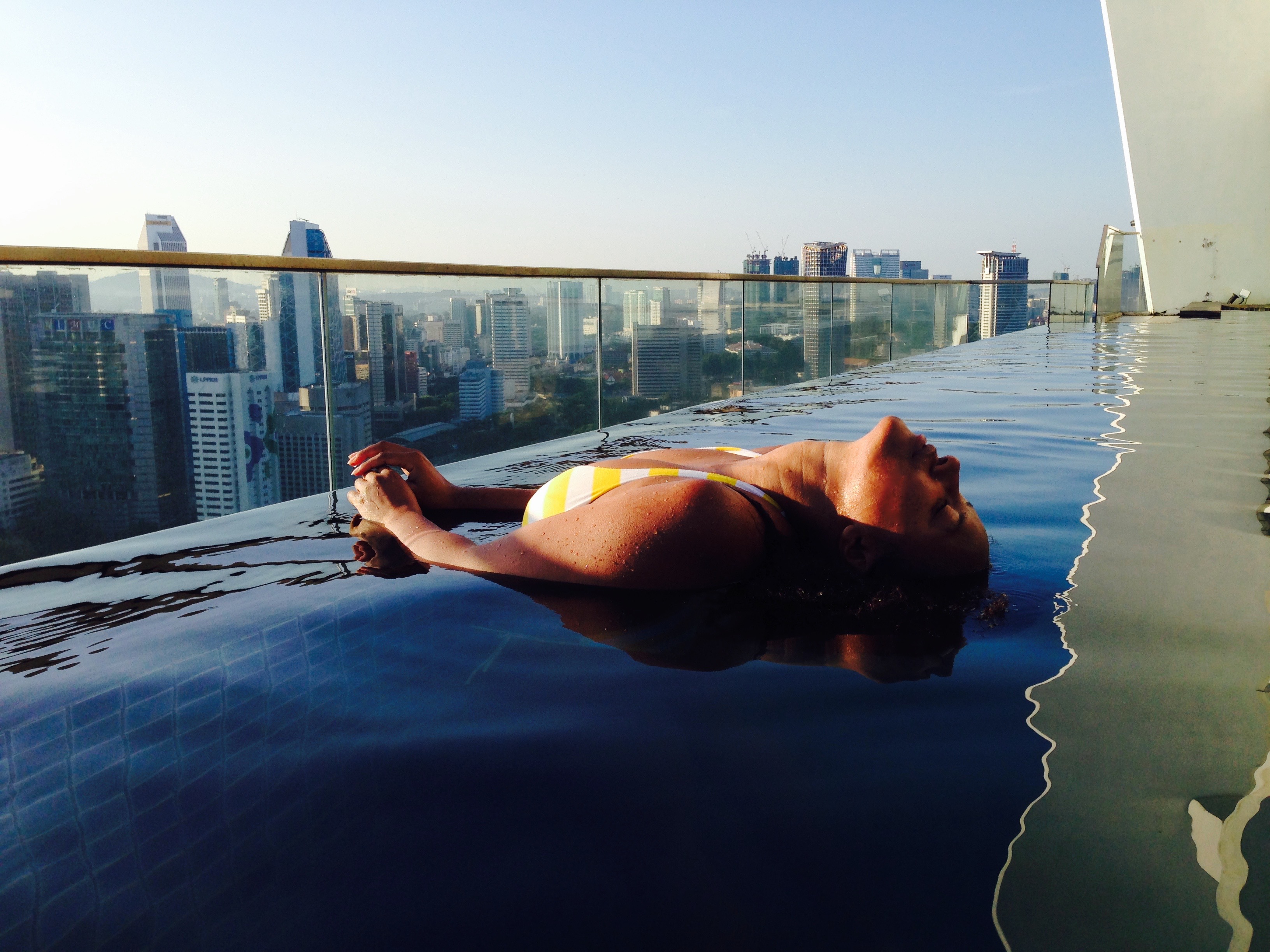
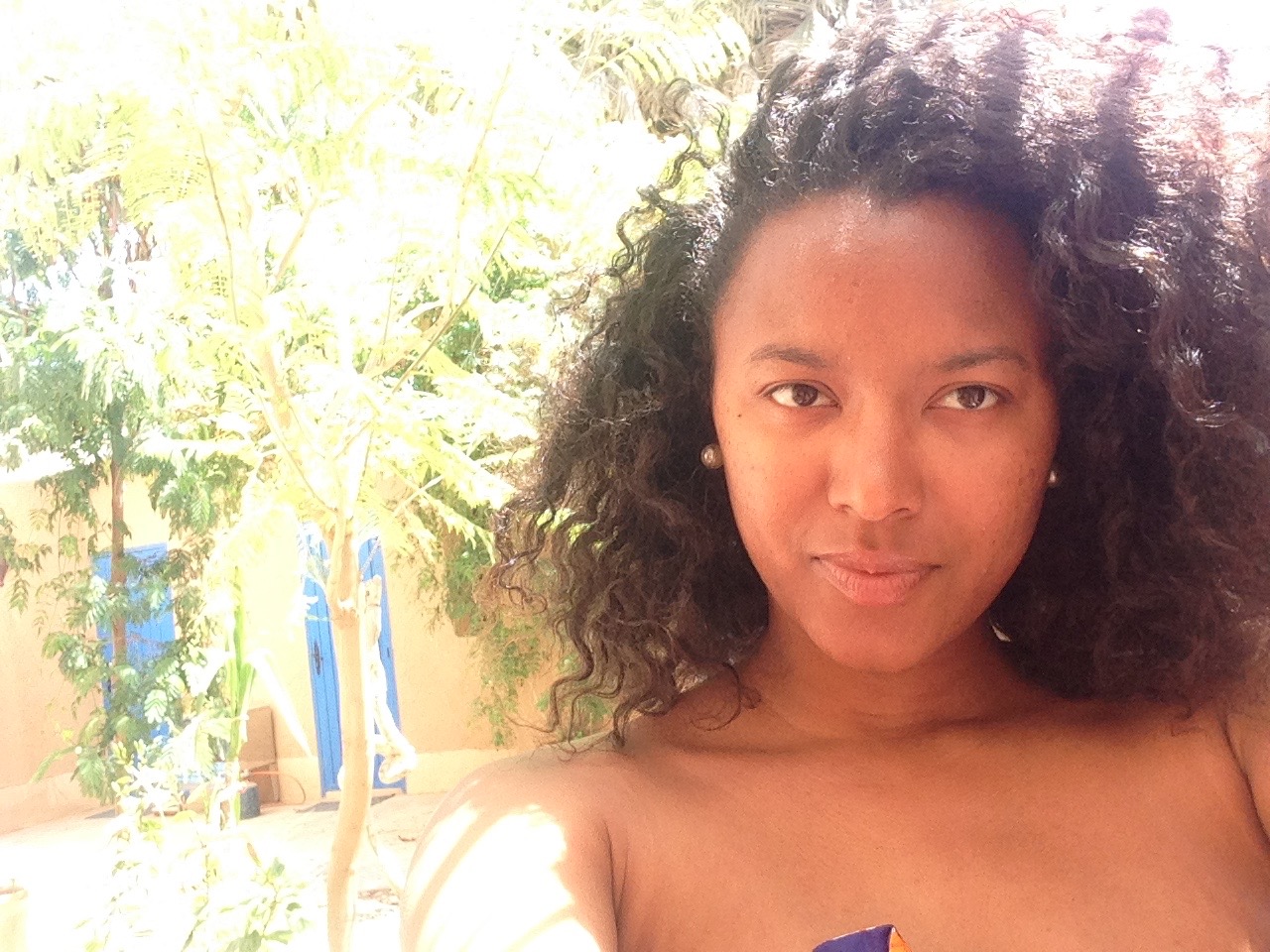

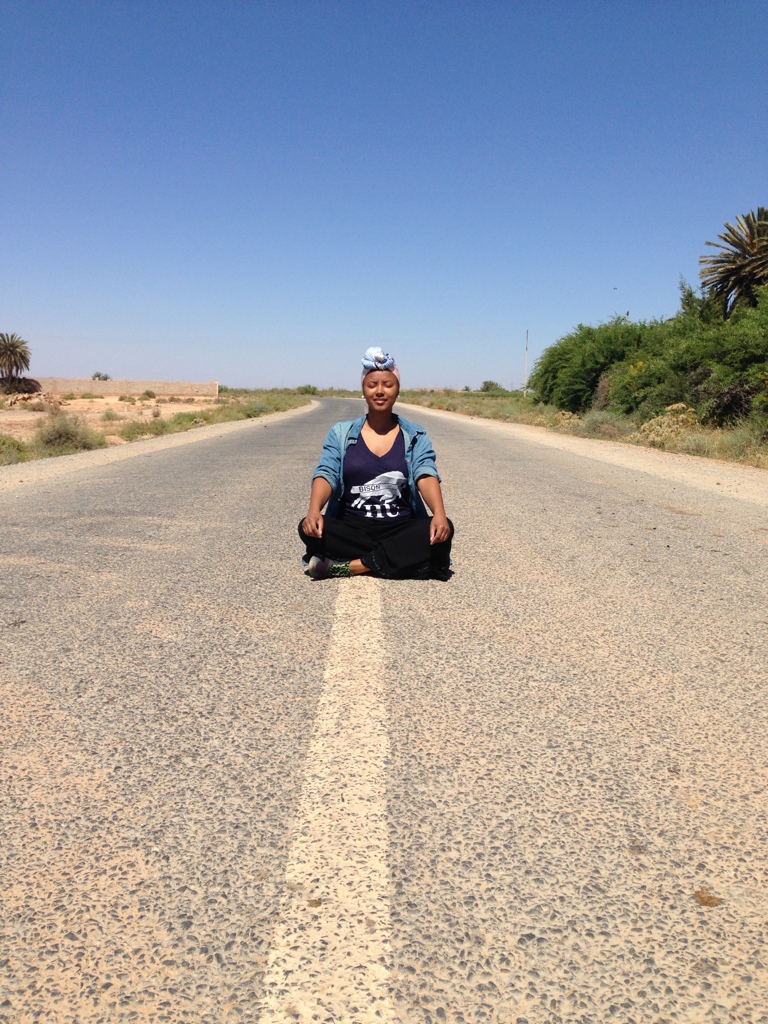
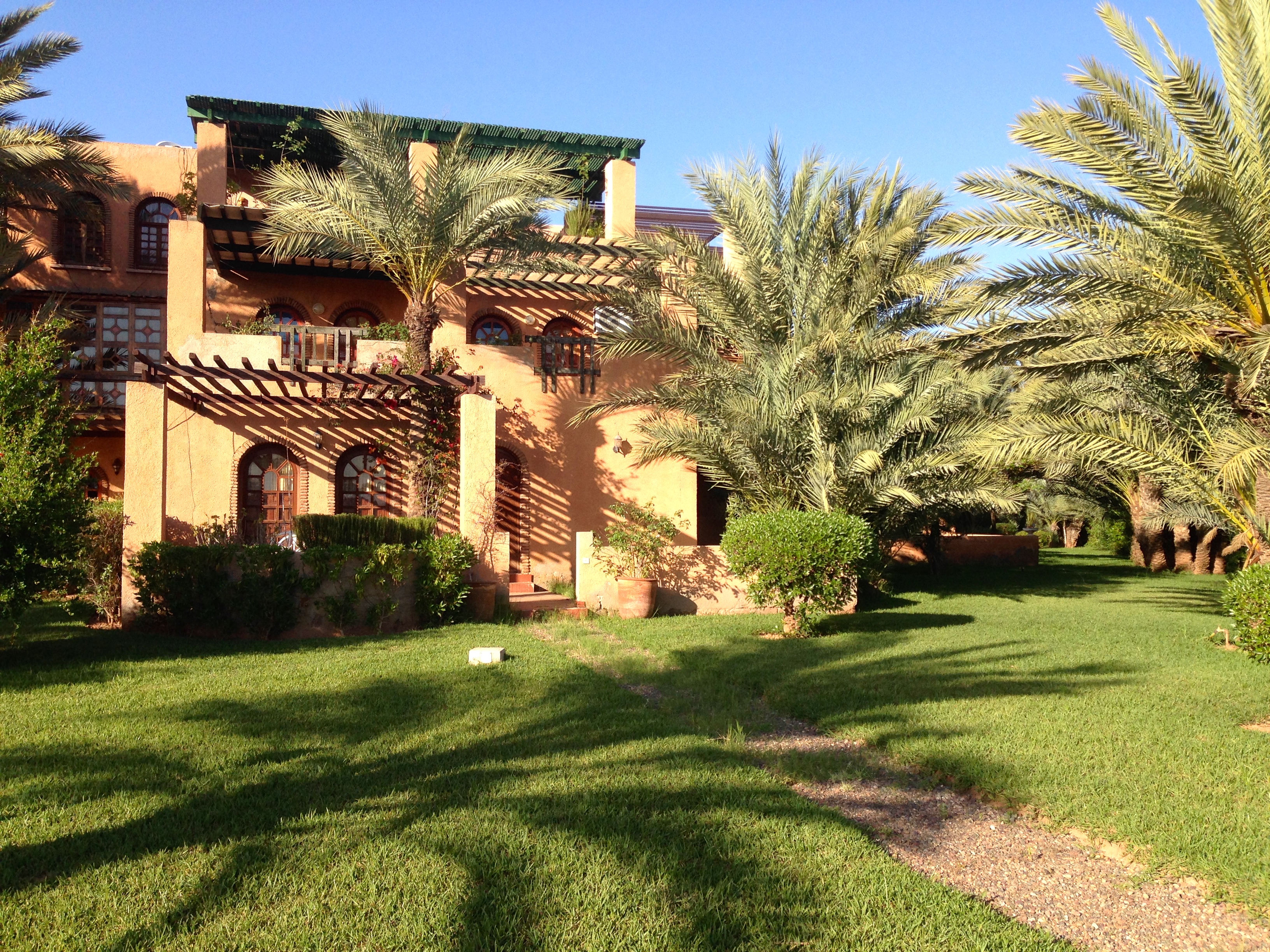
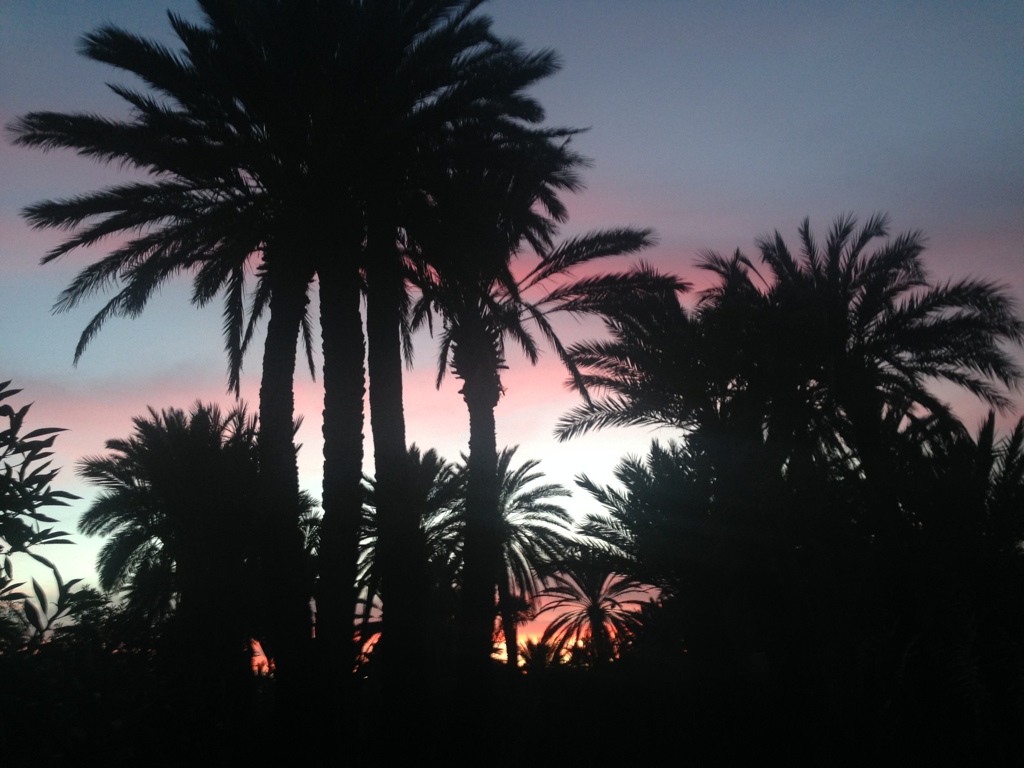
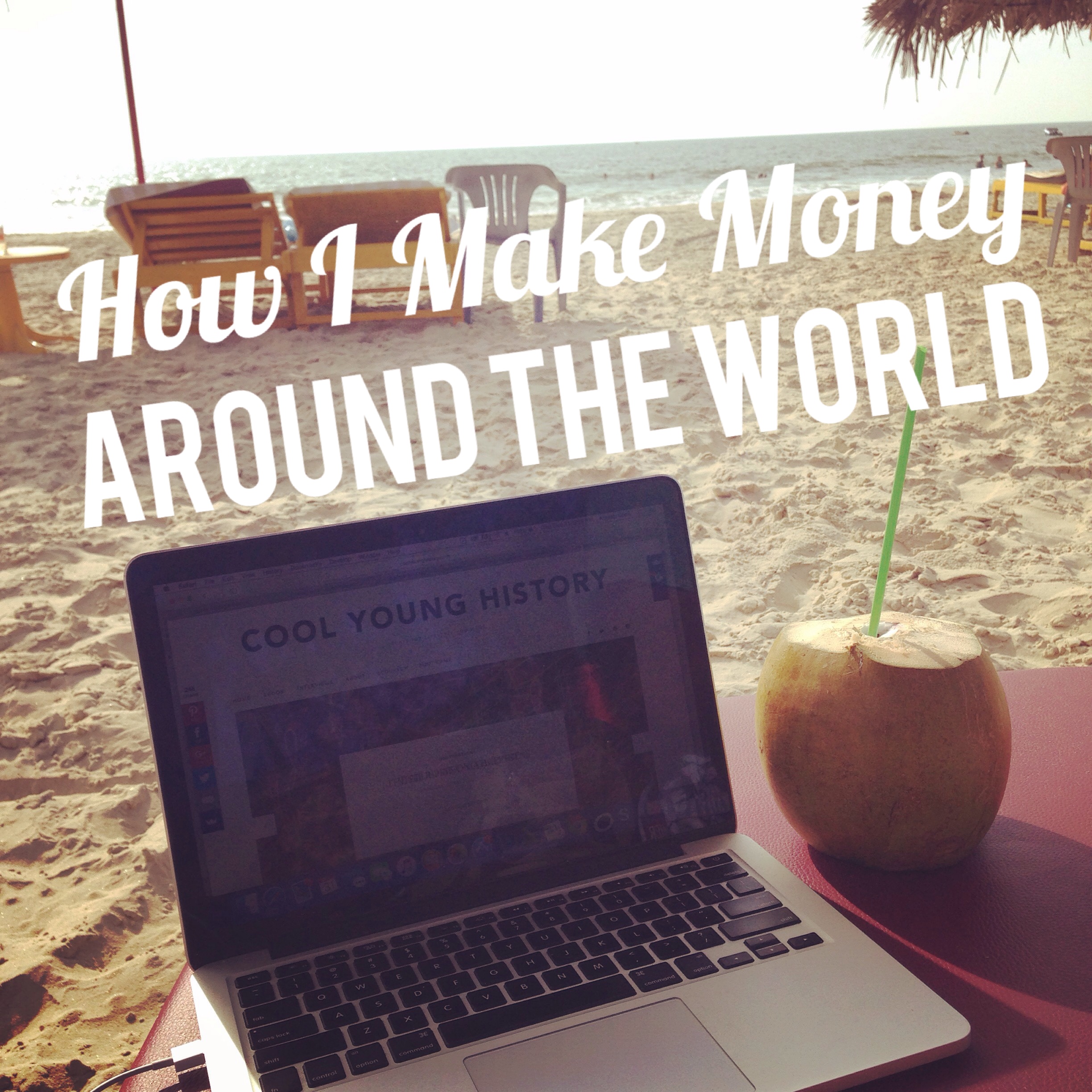
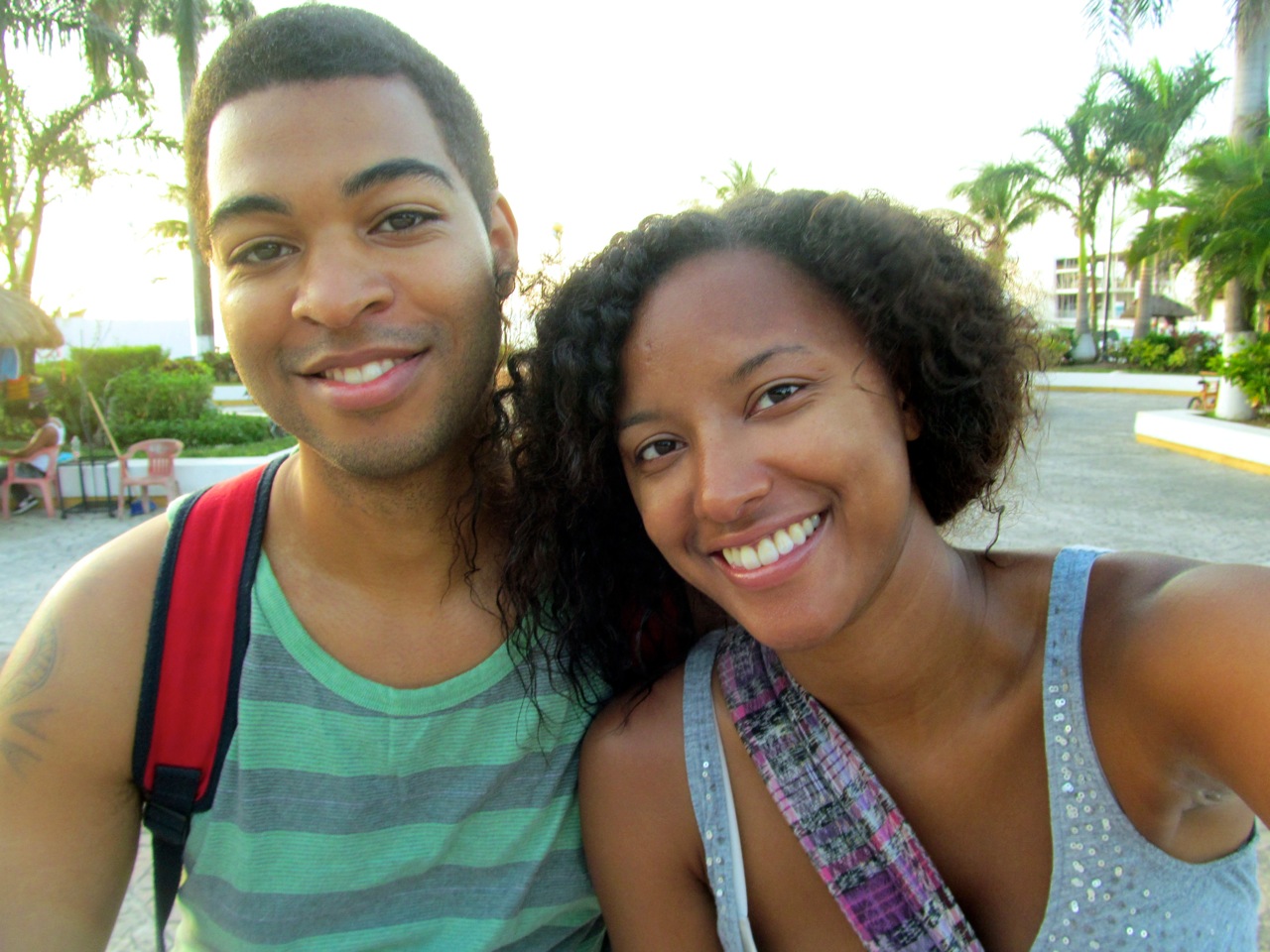
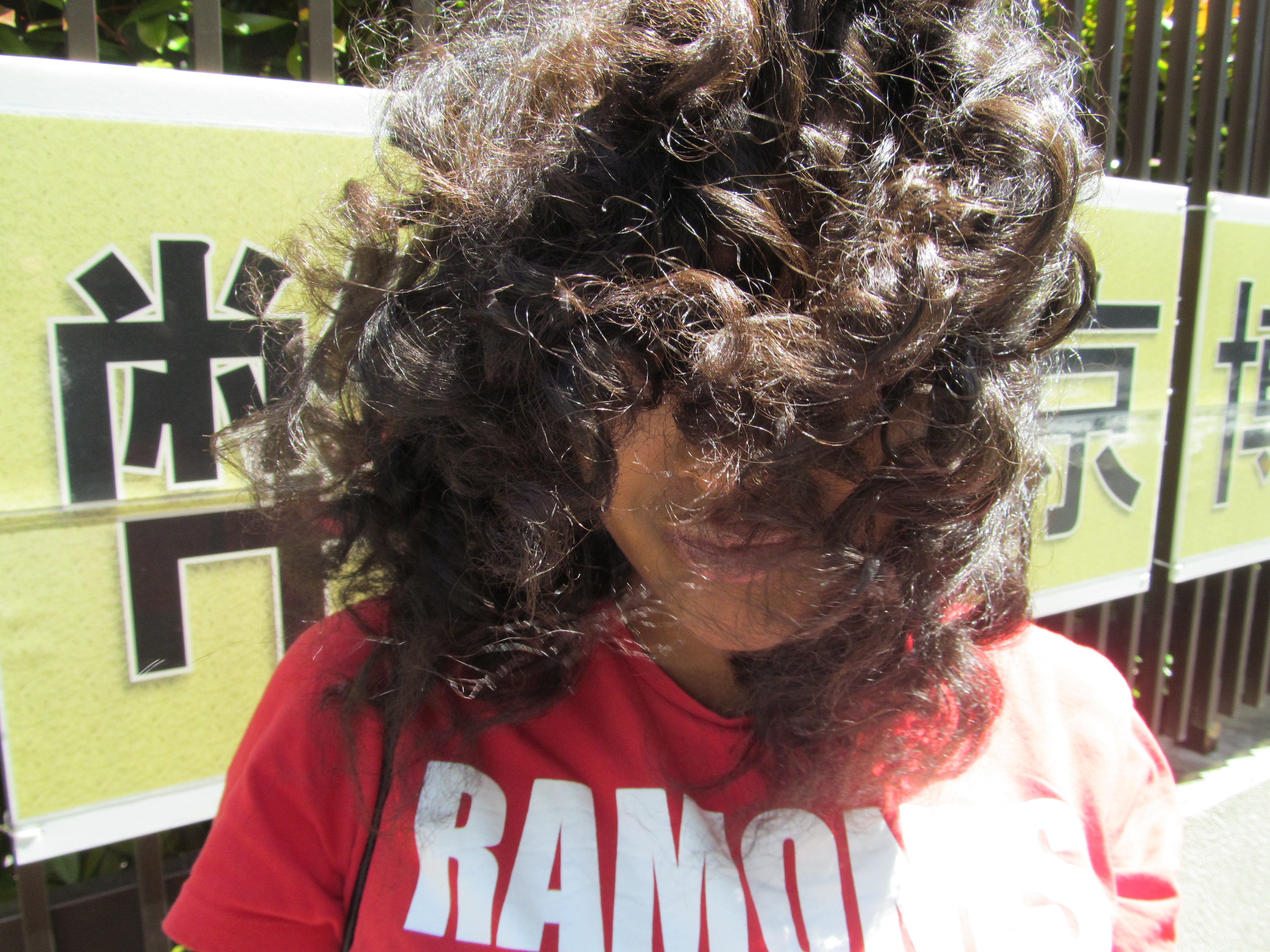
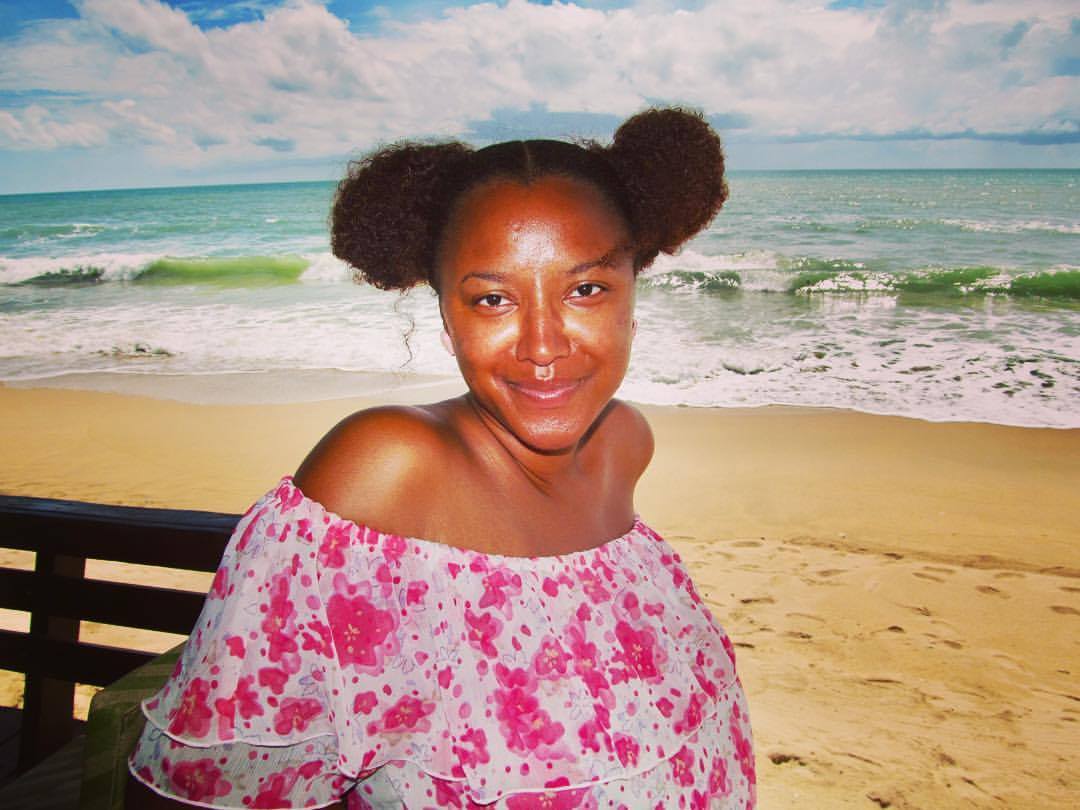


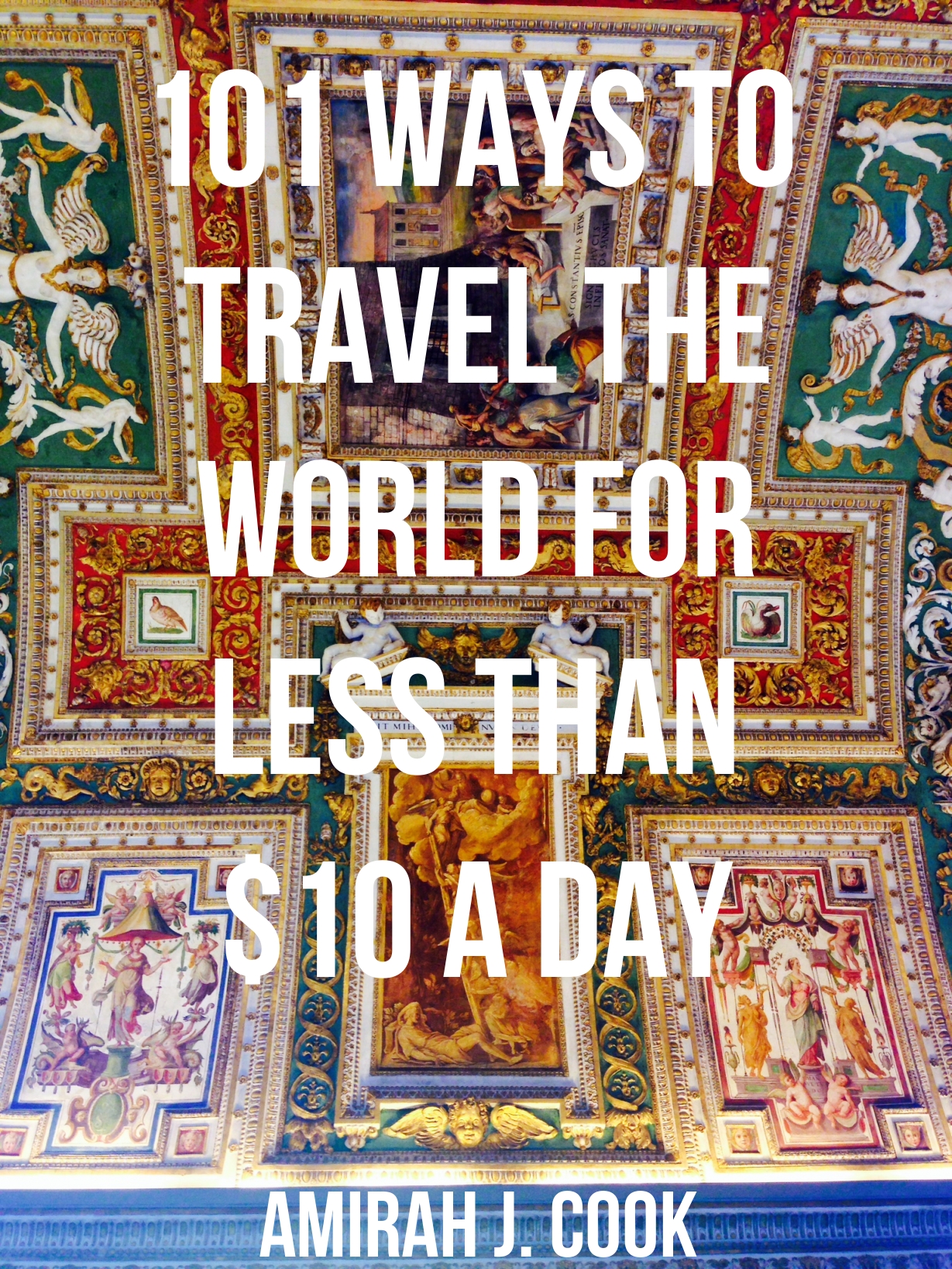
Tai
June 8, 2016Reading this gave me goosebumps. I’m setting up my life now to be able to travel at least once a month and work from anywhere. My goal is May 2017. Thanks for inspiring and sharing your unique story.
Amirah
June 10, 2016Wow!! Thanks, Tai! I appreciate that so much!
De'Jav Speller
July 3, 2016Great write up. I’ve been traveling and living abroad for 7 years. It is interesting the perception others have on us abroad and what we as Americans or Western Developed World take for granted that other countries consider a privilege.
Amirah
July 8, 2016Hey De’Jav! I completely agree! Thanks so much for reading! I appreciate you!
Marnae
July 9, 2016Amirah your posts inspire me so much. Thank you for sharing.
Amirah
July 12, 2016Hi Marnae! Thanks so much for reading! I really appreciate your support!